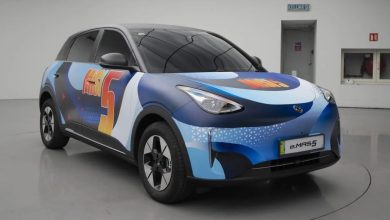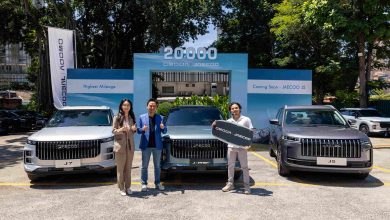VW Group EV Sales More Than Double In First Half Of 2021
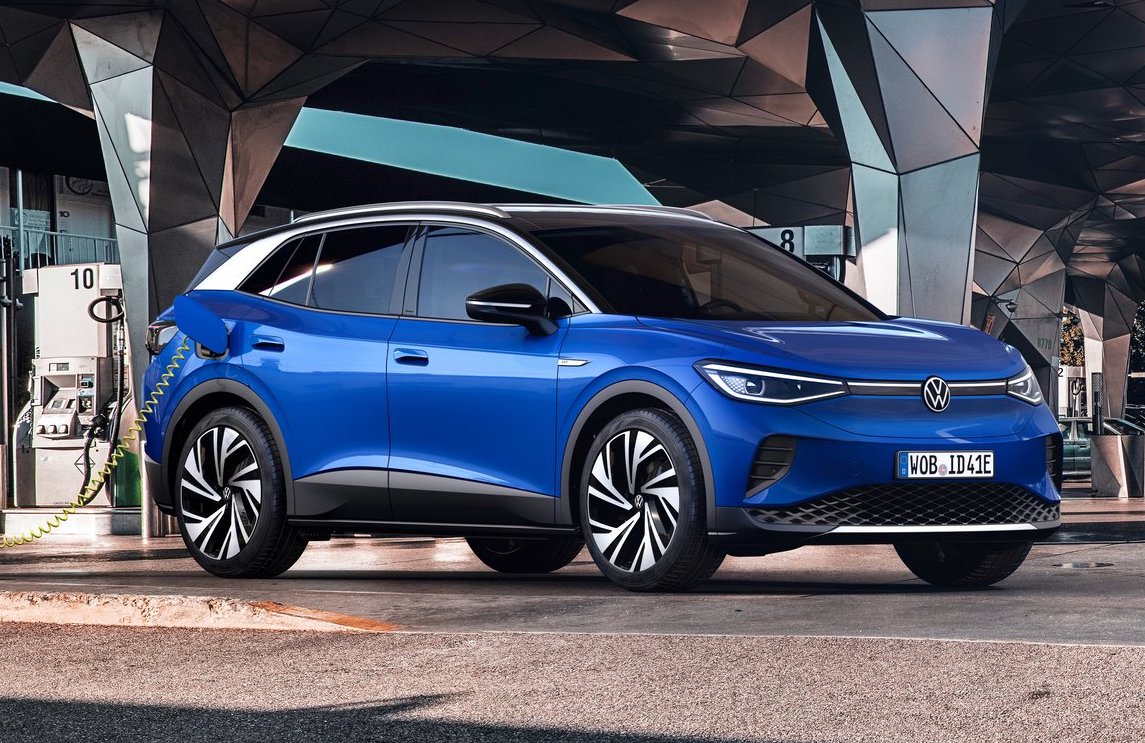
This sales surge was helped significantly by the launch of no less than 7 new EVs during this period.
Given the Volkswagen Group’s significant size, it probably shouldn’t come as a surprise to anyone anymore in regards to the large number of EVs it has managed to shift in recent times. Having said that though, the speed and scale at which the German auto giant is churning out these electrified models still perhaps beggars belief.
This is especially true when comparing the number of EVs the Volkswagen Group has shifted in the first six months of 2021 to the same period in 2020, with the German auto giant’s 170,939 all-electric cars shifted during this past half-year period representing a staggering 165% increase in deliveries from what was managed in January to June of the year prior.
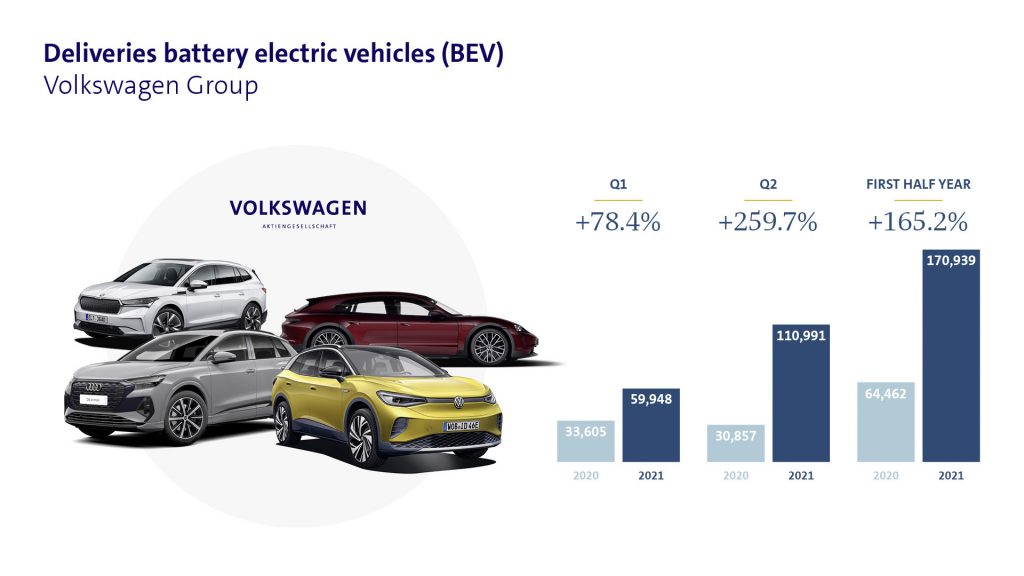
More impressively too is perhaps the fact that fully-electric vehicles deliveries were ramped up significantly in the last three months, with 110,991 EVs delivered in the second quarter of 2021 nearly double that of 59,948 units shifted in the first quarter of the year. A sales surge that will no doubt be replicated and probably even exceeded, as the Volkswagen Group continues to lean heavily into its electrification endeavours moving forward.
Getting back to the present however and discussing further about its past six months of EV sales, this significant boost is mainly due to the sheer number of all-electric models launched by the auto conglomerate in recent time. Just the first half of this year for instance saw no less than 7 new models hitting the showrooms of the various VW Group subsidiaries in various regions worldwide, which included the Volkswagen ID.4 and China-exclusive ID.6, Skoda Enyaq iV, Audi Q4 e-tron and Q4 Sportback e-tron, Audi e-tron GT and Porsche Taycan Cross Turismo.
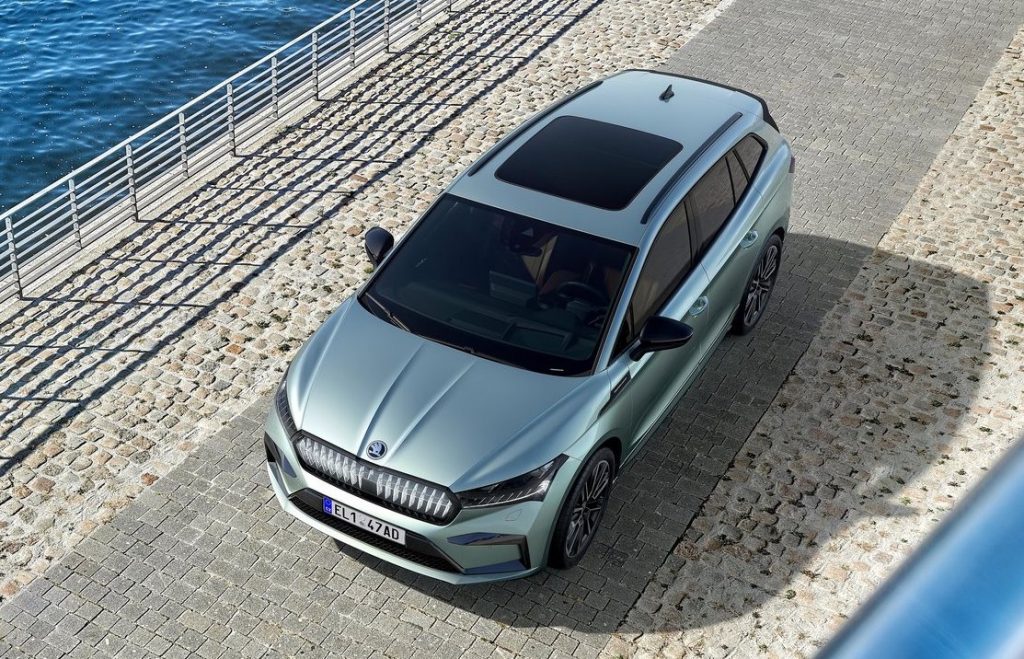
Now on the topic of popular EV models, the Volkswagen ID.4 takes home the title as being the group’s best-selling model for the past six months. The ID.3 hatchback meanwhile comes in at second place, with the 31,117 units sold being about 6,000 shy of its e-SUV sibling.
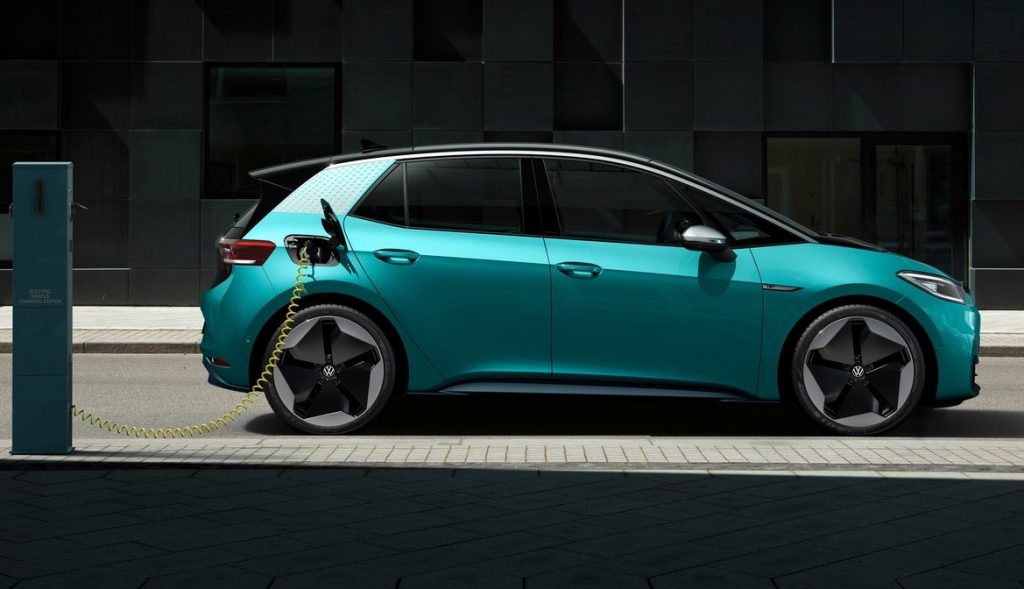
Third and fourth place on the other hand go to the Audi e-tron (including Sportback) and Porsche Taycan (including Cross Turismo) respectively, with the former having 25,794 units and the latter having 19,822 units delivered to customers throughout the first half of 2021. Rounding up the top 5 EV sales spots for the Volkswagen Group is the e-Up! all-electric city car, with 17,890 units sold in the last six months.
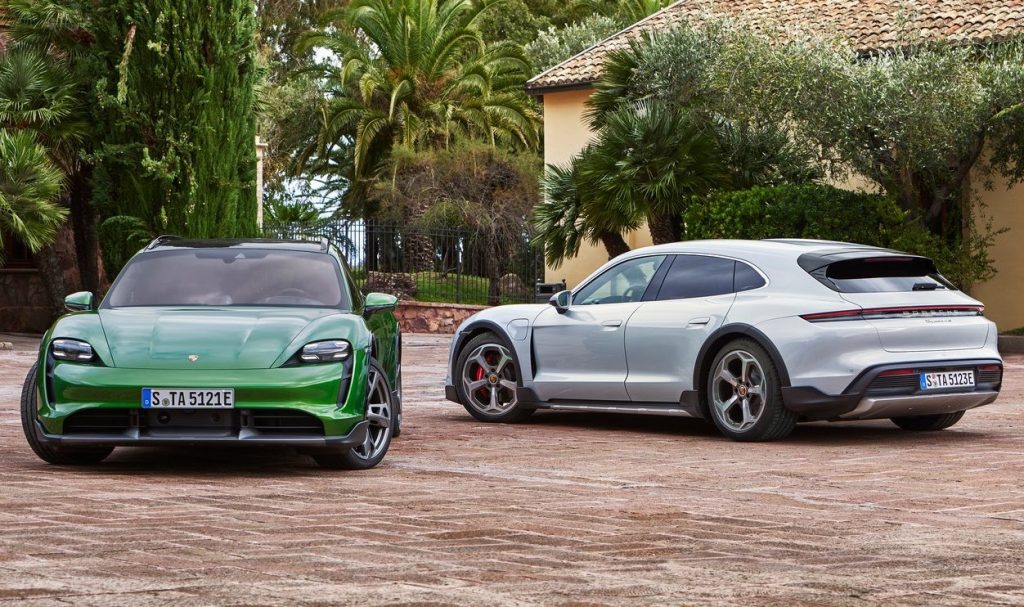
In rounding up the sales statistics provided, the lion’s share (over 75%) of the EVs sold by the Volkswagen Group this past six months were occurring in its home market of Europe. China and the USA made up the other two big EV market for the German auto giant, with the latter achieving the rather interesting sales statistic of having its all-electric vehicle market share being slightly greater than in the overall market including its conventionally powered counterparts.
All this talk about EVs however doesn’t discount the fact that the Volkswagen Group has also saw a significant surge in sales of its PHEVs, with the 171,300 units delivered in the last six months being more than three times the number sold in the same period last year. Though it is worth highlighting that functionally none of those deliveries were to Malaysia, as the German auto giant doesn’t actually officially offer any plug-in hybrid variants over here.
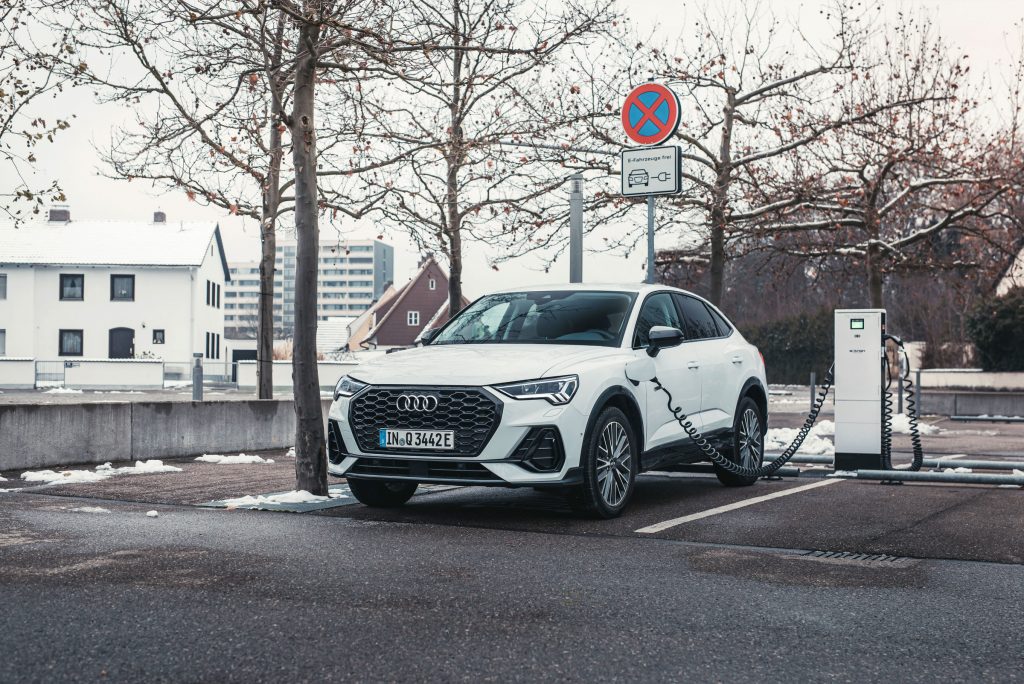
PRESS RELEASE: The Volkswagen Group has continued its successful electric offensive in the first half of 2021. The following new BEV models were launched in this period: Volkswagen ID.4, Volkswagen ID.6, ŠKODA Enyaq iV, Audi Q4 e-tron, Audi Q4 Sportback e-tron, Audi e-tron GT and Porsche Taycan Cross Turismo. In total, 170,939 BEV models were delivered throughout the world up to the end of June, more than twice as many as in the prior-year period (+165.2 percent). After 59,948 BEV had been delivered to customers in the first quarter (+78.4 percent compared with the previous year), deliveries increased significantly, as planned, in the second quarter to 110,991 units (+259.7 percent compared with the previous year). In the course of the year, the BEV ramp-up will further accelerate thanks to the expanded model range. The Group has also consistently expanded its portfolio of PHEV models. This vehicle category benefits from considerable customer demand, too. In the first half of the year, a total of 171,300 PHEV were delivered, more than three times as many as in the prior-year period (+204.2 percent).
As regards BEV deliveries by regions, the Group’s home market of Europe was clearly in the lead in the first half year, with 128,078 vehicles (share: 74.9 percent). Here, the Group was the market leader, with a share of about 26 percent in BEV deliveries. In the USA, the Group handed over 18,514 BEV models to customers, corresponding to 10.8 percent of its worldwide BEV deliveries. Thus, the Group achieved a higher market share there with BEV, at about 9 percent, than in the overall market including conventionally powered vehicles. In China, 18,285 battery-electric vehicles were handed over to customers in the first half of 2021, accounting for 10.7 percent of the Group’s worldwide BEV deliveries.
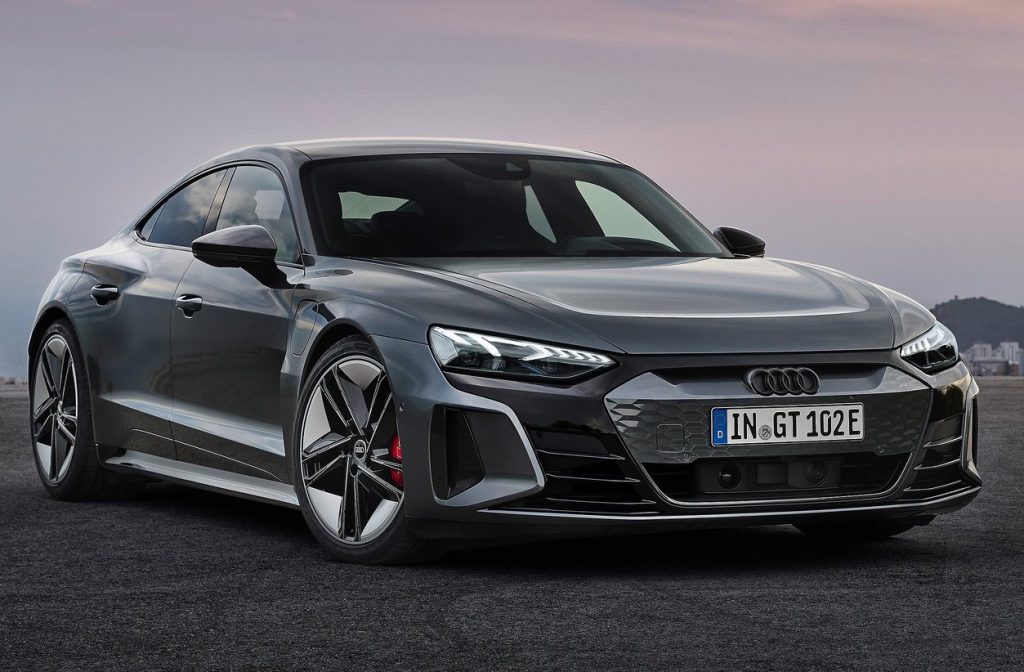
The BEV model offensive of the core Volkswagen brand started in Europe last year with the ID.3. This model was followed this year by the ID.4 electric SUV, which was also launched in the USA and China in March. In addition, the ID.6, an electric SUV with up to 7 seats tailored specifically to meet the needs of Chinese customers, has been available in China since June. Christian Dahlheim said: “In the third quarter, we expect a significant boost to BEV deliveries in China thanks to the expanded Volkswagen ID. model range.”
Slightly more than half of the BEV deliveries throughout the world up to the end of June bore the logo of the core Volkswagen brand, which handed over 92,859 vehicles to customers (share: 54.3 percent). The premium brands Audi and Porsche followed with 32,775 vehicles (share: 19.2 percent) and 19,822 vehicles (share: 11.6 percent) respectively. ŠKODA delivered 17,697 BEV (share: 10.4 percent) and SEAT 6,172 (share: 3.6 percent).
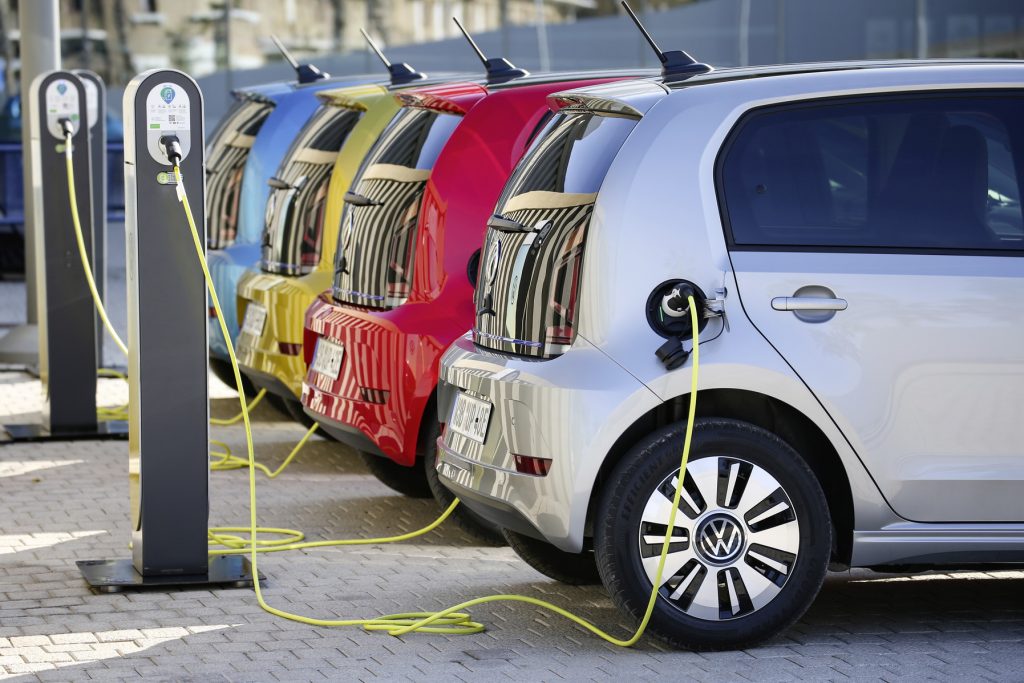
The top five BEV models in the first half were:
– Volkswagen ID.4: 37,292 vehicles
– Volkswagen ID.3: 31,177 vehicles
– Audi e-tron (incl. Sportback): 25,794 vehicles
– Porsche Taycan (incl. Cross Turismo): 19,822 vehicles
– Volkswagen e-up!: 17,890 vehicles

